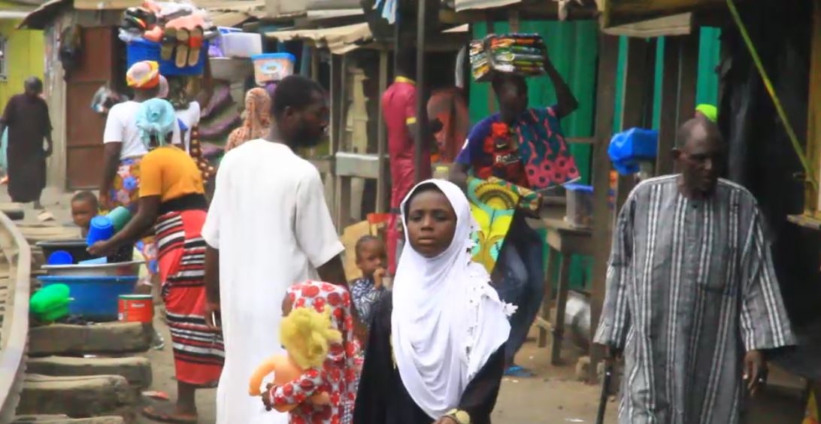
Audio By Carbonatix
The Ghana National Household Registry (GNHR) is beginning data collection on poor and vulnerable persons living in Covid-19 hotspots within Greater Kumasi and Obuasi areas.
About 50,000 persons are expected to be profiled for relief items.
The rapid data collection exercise would cover Kumasi metro, Asokore Mampong, Suame, Asokwa, Obuasi and Obuasi East municipalities in two weeks.
A comprehensive data on the poor and vulnerable remains key to a successful, productive social protection programme.
According to the coordinator of the GNHR, Dr Prosper Laari, the register would involve collection of information on composition of socio-economic characteristics of households.
The database would inform the government's decision-making processes for relief services to affected groups.
“Upon completion, the register, would serve as a database for the selection of beneficiaries for all social protection programmes in Ghana. It would also improve the effectiveness and efficiency of social protection programme delivery. So far, the GNHR has successfully collected data on households in the Northern, Savannah, North East , Upper West, and Upper East regions.”
With the support of the World Food Programme, up to 75 thousand vulnerable people in the Greater Accra and Ashanti region, identified to be hardest hit by COVID-19 pandemic, will benefit from the relief.
“The WFP support would benefit up to 75,000 vulnerable people in the Greater Accra and Ashanti Regions, which have been deemed to be hardest hit by the COVID 19 infections. The beneficiaries will be identified by the Ghana National Household Registry (GNHR) data aligned with poverty and food insecurity indices; the beneficiaries shall consist of 60 percent female, and 40 percent male.
"The LEAP module shall be utilized. Smallholder farmers are already been profiled by the Ministry of Food and Agriculture (MOFA) for support in collaboration with WFP,” he said.
Dr. Laari says the scope of the Ghana Productive Safety Net Project (GPSNP) has been restructured to improve living conditions of Ghanaians, particularly the poorest and most vulnerable.
He says the restructuring provides emergency cash transfers to the poorest and vulnerable most affected by COVID-19.
The programme targets over one hundred and sixty thousand specific groups of persons in selected districts across the country.
"It is important to note that, only persons confirmed as poor and vulnerable by the Ghana National Household Registry under the MoGCSP qualify to receive the cash transfer. There shall therefore be a mop-up of data collection for an extra twenty thousand households to be funded by the World Bank in this direction,” he added.
Latest Stories
-
Airport renaming doesn’t require parliamentary approval—Transport Minister
12 minutes -
Renaming of airport will not impose huge cost on state – Transport Minister
14 minutes -
Standard Chartered hosts business roundtable on capital markets
23 minutes -
Cocoa price reduction: Clerks cry over attacks by farmers, describes reduction as scam
27 minutes -
Cedi recovers modestly on external tailwinds; one dollar equals to GH¢11.70 at forex bureaus
31 minutes -
Acute water shortages hit Kumasi as power outages cripple Barekese, Owabi plants
38 minutes -
Accra Mayor calls on businesses to prioritise PWDs and youth in recruitment
39 minutes -
40 Ghanaian languages at risk as GhLA calls for urgent preservation
42 minutes -
Ghana Energy Awards opens 10th anniversary activities with courtesy call on Ministry
44 minutes -
Medikal’s “Beyond Kontrol” concert at Accra Sports Stadium earns IRAWMA nomination
46 minutes -
Daily Insight for CEOs: Leadership Resilience under Pressure
47 minutes -
First British baby born using transplanted womb from dead donor
51 minutes -
GRIDCo investigates fault that caused power outage in parts of Tema
56 minutes -
Ahanta West Assembly members dissociate from petition against MCE
57 minutes -
“Success must be seen on the grounds, not just in policy documents” – Sports Fund chairperson
59 minutes

